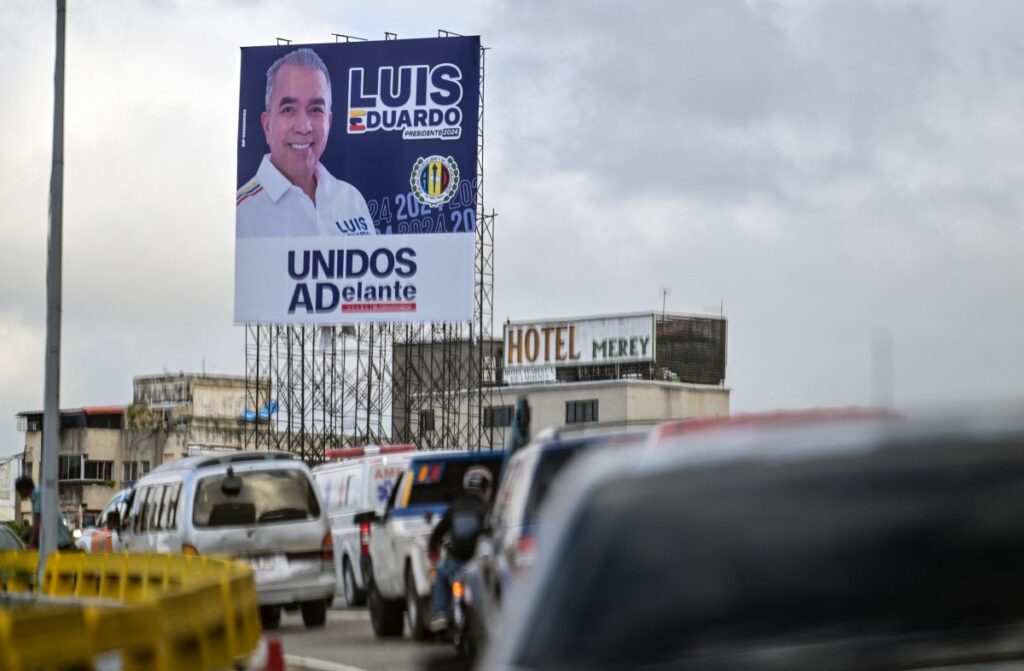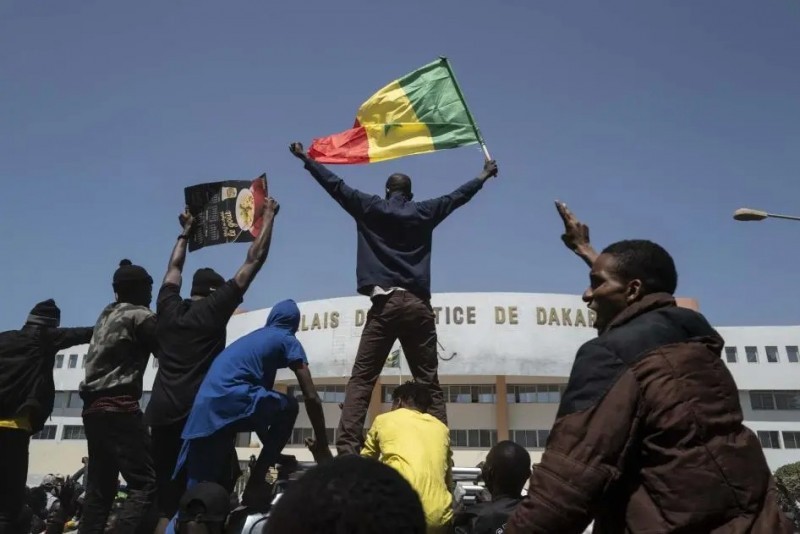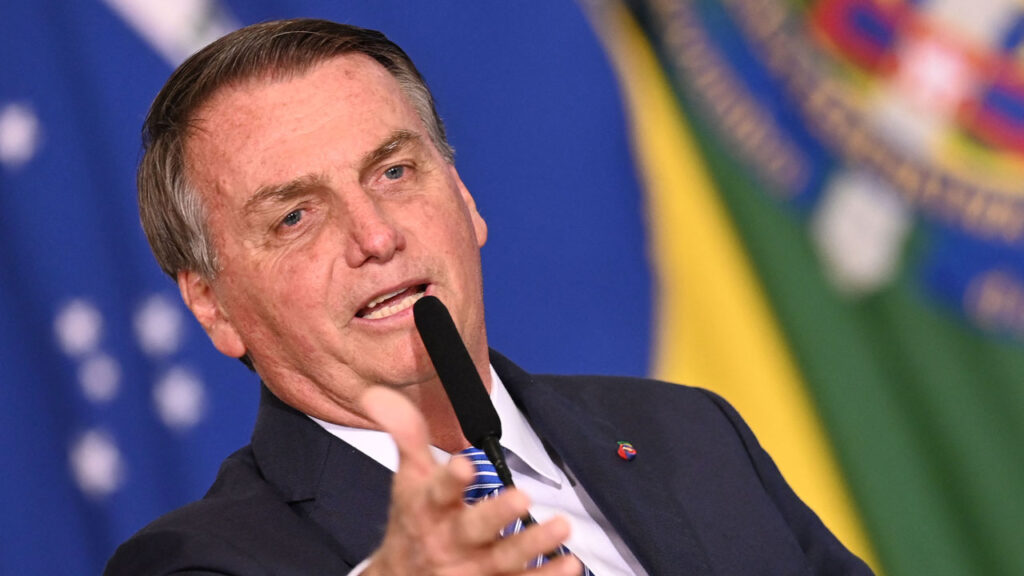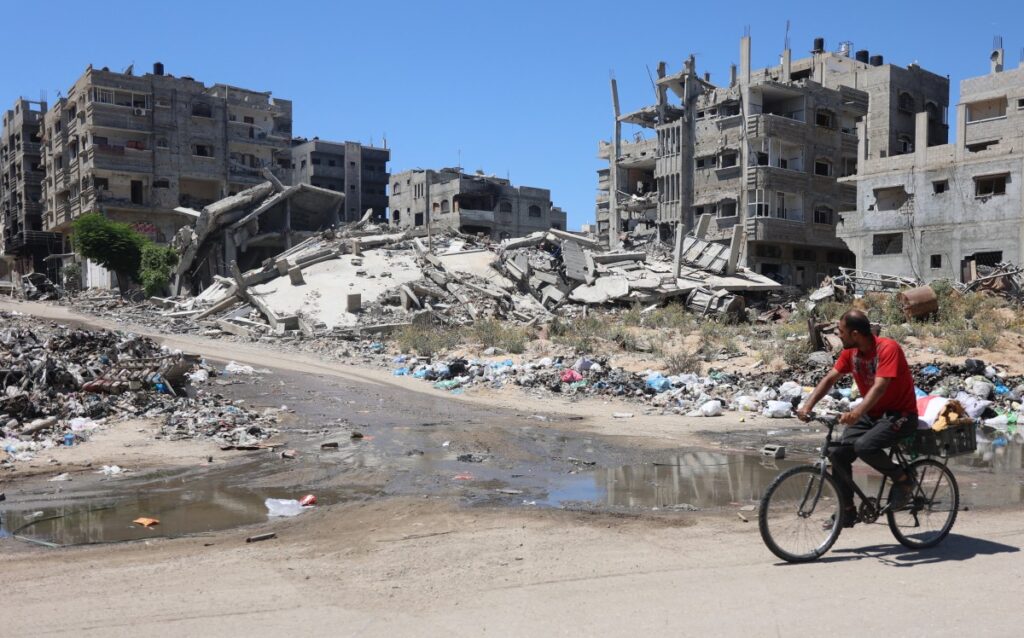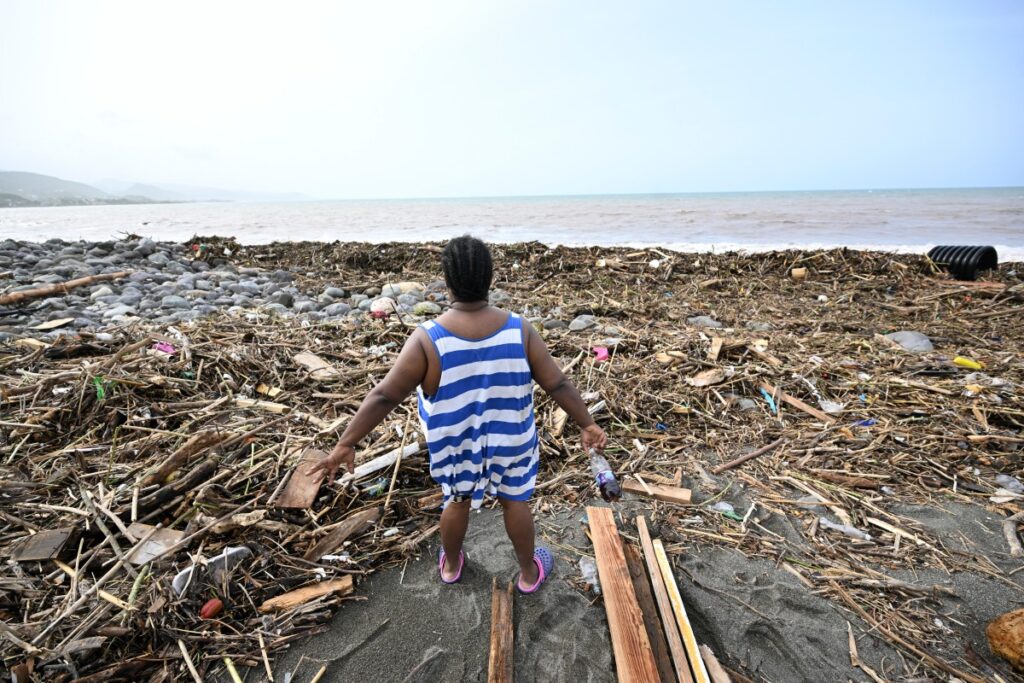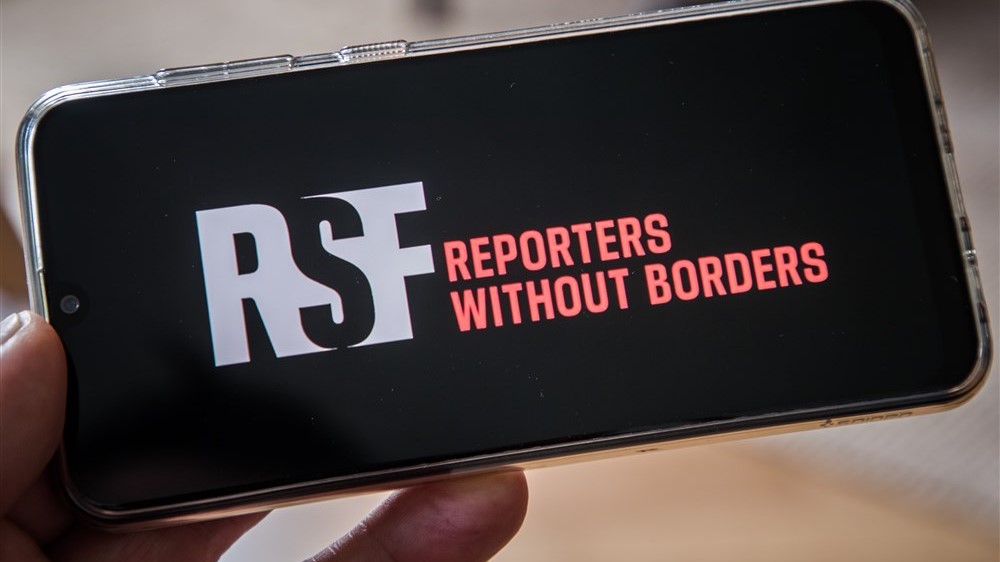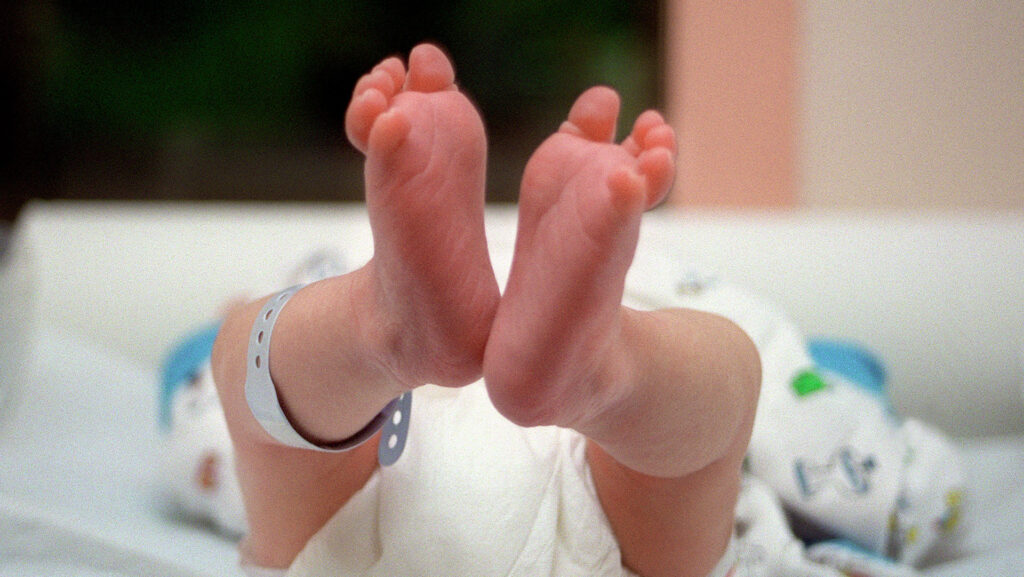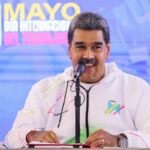Campaigning for July 28 presidential elections officially opened in Venezuela amid great uncertainty Thursday, with incumbent Nicolas Maduro accused of political persecution.
Maduro and opposition candidate Edmundo Gonzalez Urrutia have both called rallies in the capital Caracas, a day after the UN rights chief warned of an “increase in threats, harassment and assaults against civil society actors, journalists, unionists and other voices considered critical.”
The opposition has reported the arrests of about 40 political and social activists so far this year.
And in April, the rights group Foro Penal warned of a “significant intensification of… persecution” in Venezuela.
The government accuses the opposition of conspiring against Maduro, whose reelection in 2018 was rejected as illegitimate by most Western and Latin American countries. He is now seeking a third straight term.
With opinion polls pointing to an election victory for the opposition, many Venezuelans are fearful the government will not allow this to happen.
“It is one thing to win the electoral process and, of course, another thing is recognition” of the outcome, said Guillermo Tell Aveledo, a political science professor at the Metropolitan University.
“The possibility of some type of repudiation (of the results) … or obfuscation of the popular will is very much on the table,” he added.
– Crackdown –
Gonzalez Urrutia will be joined at Thursday’s rally by popular opposition leader Maria Corina Machado, herself barred from running despite overwhelmingly winning a primary last year.
Her candidacy was scrapped by courts loyal to Maduro on charges of corruption widely dismissed as spurious, and for supporting Western sanctions against the regime.
The opposition says individuals and businesses seen as supporting Machado — from food vendors selling her breakfast, a fisherman who helped her cross a river and hotels where she had overnighted — have been shuttered or had their livelihoods seized by authorities.
Even ahead of the official launch of campaigning, Machado has been crisscrossing the country by car to urge Venezuelans to vote for little-known diplomat Edmundo Urrutia, who replaced her as the consensus opposition candidate.
She is banned from travelling by plane, and has widely received an enthusiastic welcome.
For his part, Maduro has in recent weeks visited cities and towns with promises of economic recovery in the crisis-battered country from which more than seven million have fled in recent years — about a quarter of the population.
He has also made regular appearances on state television, as himself and as his anti-imperialist cartoon alter-ego Super-Bigote (Super-Moustache.)
On Wednesday, Caracas announced a resumption of talks with the United States and an agreement to “improve relations.”
The United States had suspended some sanctions on Venezuela’s oil industry after Maduro’s government and the opposition agreed in Barbados last October to hold a free and fair vote in 2024 with international observers present.
But the thaw ended when Machado and other opponents were barred from running, and EU observers were disinvited.
The sanctions were put back in place in April.
An election rehearsal on Sunday was overseen by observers from the US-based Carter Center and a UN panel of experts.
Neighboring Brazil and Colombia have added their voices to the call for the July 28 vote to be free, fearing another migration wave into their territory.
“We are working to ensure that the elections… are recognized, mainly by Venezuelans themselves,” Brazilian Foreign Ministry Secretary for Latin America and the Caribbean Gisela Padovan said on Wednesday.


